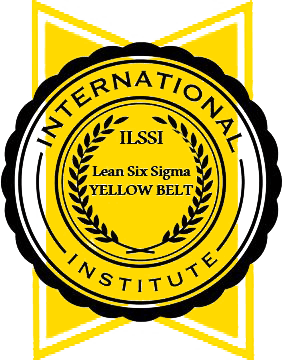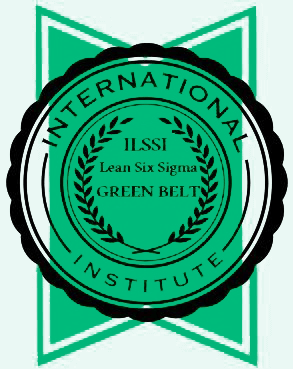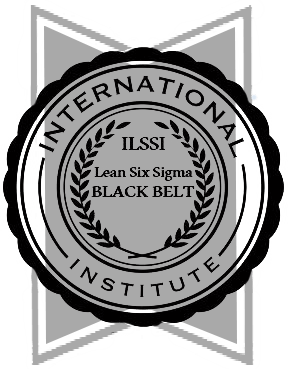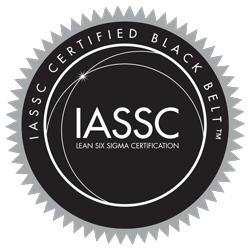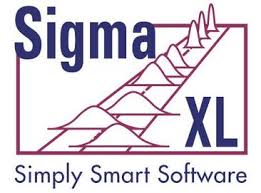Lean Six Sigma Training Ltd ( UK ) now offers a 2-day introduction course to DFLSS, Design for Lean Six Sigma. This training is critical for moving the concepts of Lean Six Sigma from existing process improvement and into new product development and new process development. The course is built upon the ICOV ( Identify, Characterize, Optimize, Validate ) methodology as set out by Kai Yang in his seminal work ‘Design for Six Sigma : A Roadmap for Product Development, 2008. When businesses incorporate DFLSS into their product development processes, not only do they find payoffs in quality, cost and customer satisfaction, but productivity ( throughput ) also improves. Case studies published by Ford Motor Company, GE Aircraft Engine and Bombardier show that they acheived up to 50% less waste ( as defined by Taiichi Ohno in his ‘7 wastes’ ) by building DFLSS into their upstream design for new product and process development.
The Lean Six Sigma methodology is enhanced in DFLSS with tools such as Genichi Taguchi’s concepts of the Quality Loss Function and Robust Design. Genrich Altshuller’s TRIZ (a Russian acronym for “theory of inventive problem solving”) and Nam P. Suh’s axiomatic design are also key tools in DFLSS which are covered in the DFLSS 2-day training class.
Numerous case studies show that DFLSS methods, tools and techniques can make order of magnitude improvements in waste reduction, variation reduction, productivity and ultimately customer satisfaction in the products and services produced.
See ICOV roadmap below.


